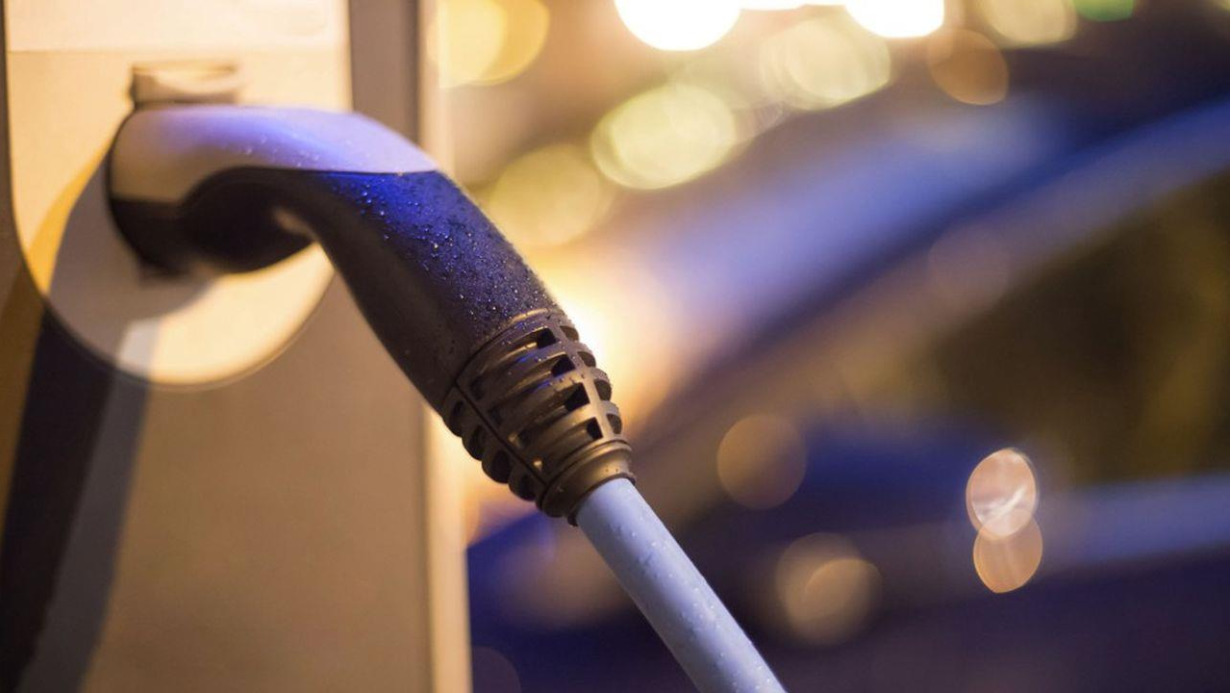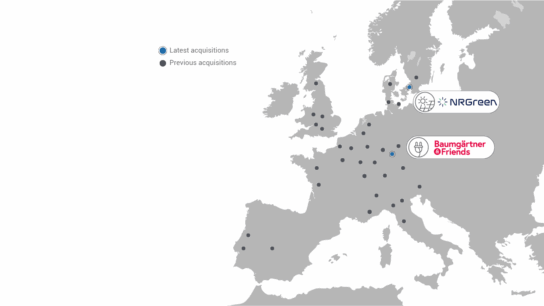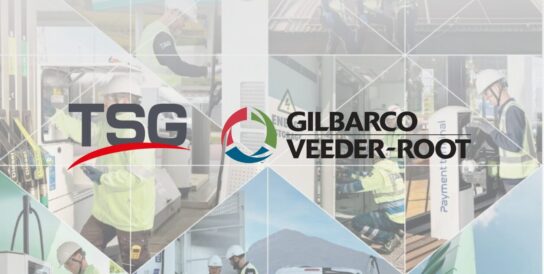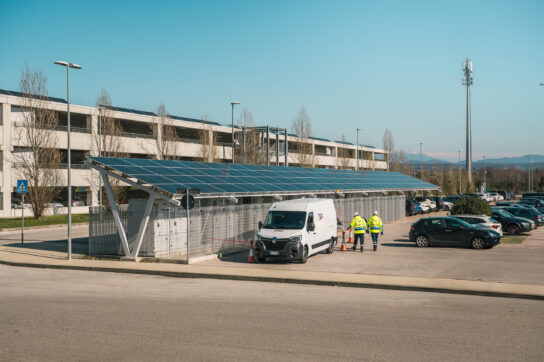Moving from petrol pumps to electric charging stations, French company TSG’s shift towards sustainable mobility has enabled it to double its sales. Here’s the story of a successful transformation over just four years.
It’s a story of a strategic transition that already features in the textbooks of sustainable development consultants. It could even serve as a Cinderalla story for the participants at COP28 in Dubai. In just four years, Tokheim Services Group (TSG) has moved from a carbon-intensive market to one of clean mobility. This expedited advance wager has already paid off for this medium-sized company, which reached one billion euros in revenue this year. The company operates in 30 countries and specialises in the installation and maintenance of petrol pumps.
“The group has gone from generating sales of €12 million to €300 million in clean mobility in just four years,” says Jean-Marc Bianchi, CEO of TSG and architect of this lightning transformation.
Anticipating change
It all began in 2016 when the American group Tokheim, named after the inventor of the petrol pump, was bought by Dover Corporation, with one exception. The services division went its own way and set up its head office in France under the name TSG.
Jean-Marc Bianchi, appointed as CEO in 2019, was trying to anticipate future demand for low-carbon energy. Meeting with his customers in Europe and Africa, he heard petrol station operators and mass retailers talking about offering their customer EV charging points, in addition to the usual fuel. And private fleets were looking to go electric. Everyone wanted to change.
Consulting firms, which Jean-Marc Bianchi engaged to analyse the market outlook, endorsed change of strategy. Jean-Marc Bianchi then decided to take a radical turn and joined forces with the HLD fund, now the majority shareholder, to financially support this multi-energy development strategy.
“Growth is no longer about oil”
Since then, TSG has installed 40,000 EV charging points for electric vehicles and is recording 200% annual growth in this business. “Growth is no longer about oil, it’s about new energies for transport and mobility”, says the CEO. The company recently installed EV chargers in 140 Amazon warehouses for its electric fleet.
As a result, sales of its EV charging points have risen from €3 million to €250 million in four years, accounting for a quarter of the company’s current revenue. TSG has also positioned itself in other transport energies by supplying natural gas delivery stations, an activity that has grown from €10 million to €60 million in sales over the same period, in a rapidly expanding market. The new Ile-de-France Mobilités and RATP buses that run on biogas bear witness to this.
A strategy of acquisitions in Europe
To achieve such a transformation, which has enabled it to double its revenue (€550 million in 2019) and number of employees (from 3,500 to 6,000), the French SME has also relied on a massive acquisition policy, with more than 22 new mobility-related companies bought throughout Europe.
TSG even predicts that most of its business will be focused on electric vehicles within the next three years. “Demand in Europe is strong, and the geographical coverage is far from complete”, the CEO explains. In France, there are currently 110,000 EV charging points. President Emmanuel Macron would like to see 400,000 by 2030.
The fuel business is still necessary
The group is even pushing its green transition into other fields, notably photovoltaics. Offering its customers solar modules installations on EV charging stations.
On the management side, Jean-Marc Bianchi says that a great deal of work has been done to avoid splitting the company in two. “We didn’t want to have people working on the old economy and others on the economy of the future”, he says. And so they have been making sure that training and new recruitment are put in place.
The company’s original fossil fuel business has not yet come to an end, and still accounts for a significant proportion of the revenue (40% compared with 75% four years ago). “We expect 20% of vehicles on the road to be electric by 2030, and fuel will still be needed for the remaining 80%,” concludes the CEO, who is keen to gradually make this transition.
Published on 5 Dec 2023 in Les Echos by Ulysse Legavre-Jérôme



